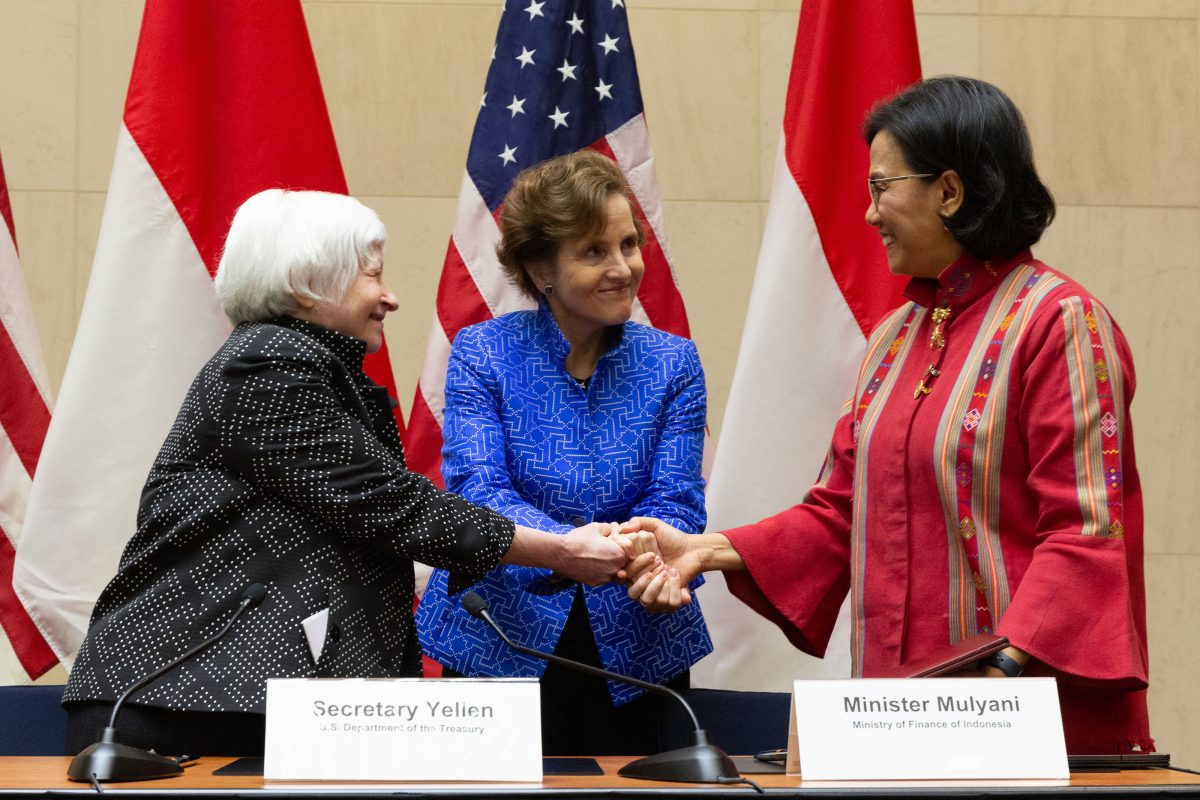Treasury Secretary Janet Yellen just wrapped up talks with her UK counterpart, and the message is clear: the US isn’t just looking for a relationship, it’s looking for a fair one. Let’s be blunt, folks – ‘mutually beneficial’ is code for ‘we need to see some reciprocal movement’.
It’s not about isolationism, it’s about leveling the playing field. Yellen specifically called for progress on trade, and the discussion wasn’t limited to just tariffs. We’re talking about taxation – a hot-button issue with global implications – and the rapidly evolving world of financial innovation.
A Deeper Dive: Understanding Reciprocal Trade Agreements
Reciprocal trade agreements are the cornerstone of stable international economic relations. They ensure that both nations benefit, preventing imbalances that can lead to protectionist measures and trade wars.
Taxation plays a crucial role in these agreements. Harmonizing tax policies, especially regarding digital services, is vital in today’s interconnected world. Ignoring this will fuel disputes.
Financial innovation, like fintech and cryptocurrencies, presents both opportunities and risks. Collaboration on regulation is paramount to foster development while mitigating potential systemic risks.
The US and UK also explored strengthening their technological partnership, confirming this relationship remains critical. This isn’t just about economics; it’s about maintaining a competitive edge on the global stage. Expect further developments on all these fronts in the coming months. The stakes are high, and Yellen’s tone suggests the US is ready to play hardball.







